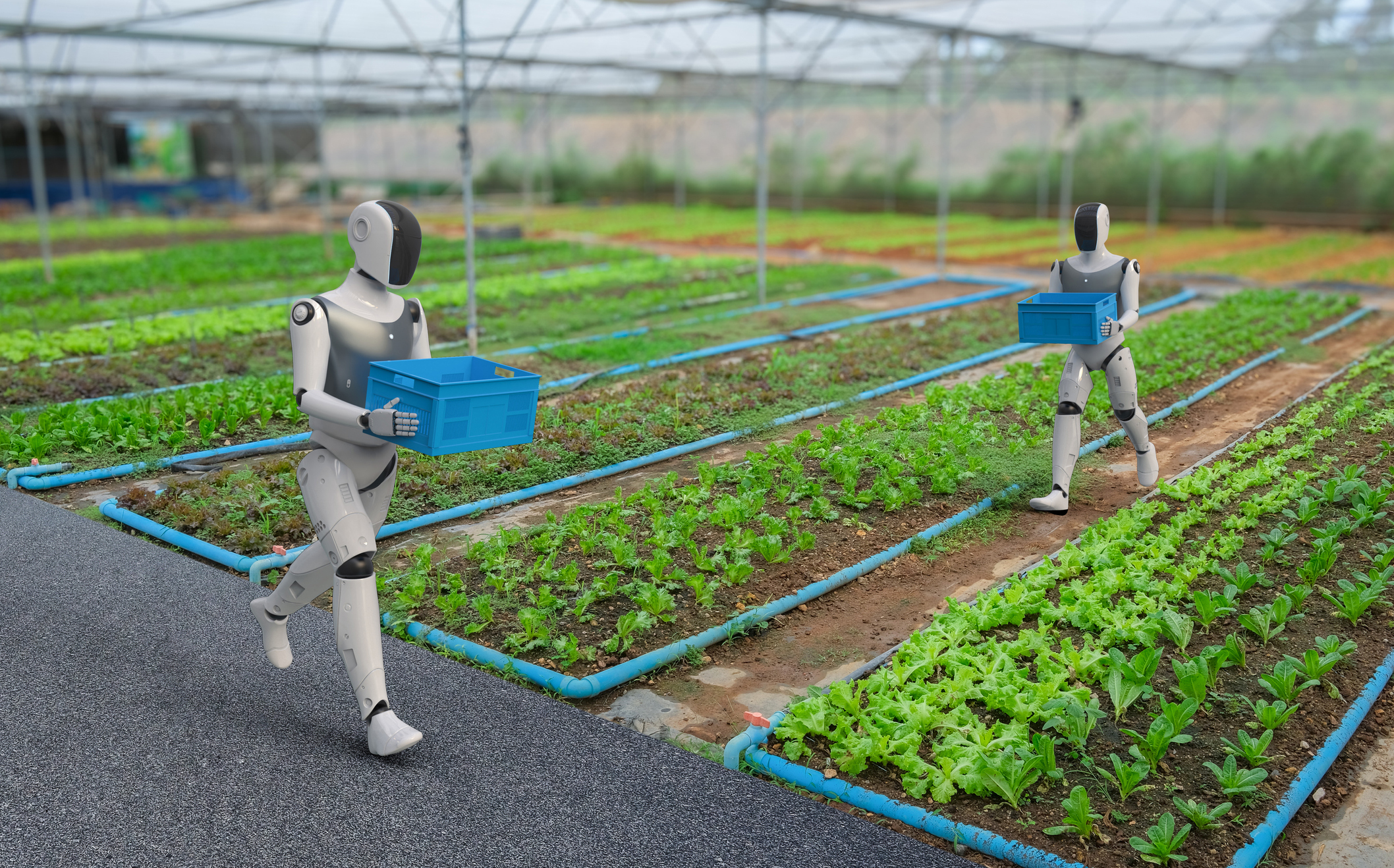As we mark Africa Day 2025 under the African Union’s theme “Education Fit for the 21st Century”, we are reminded of the pressing need to align technological developments with African realities, nowhere more so than in the future of our food systems, which stand at a critical crossroads.
Artificial Intelligence (AI) is transforming food systems across the globe, offering immense potential to optimise production, logistics, retail, and even personal nutrition plans. However, in Africa, these technologies risk bypassing us entirely.
They are neither focused nor trained on African realities, such as the importance of our informal economy or the rapidly growing youth population driving demographic changes that will see another billion Africans born over the next 25 years. These shifts bring significant challenges and immense opportunities as we build out our cities, schools, infrastructure, and food systems to harness the potential of this demographic dividend.
Africa needs to offer its people an education that fits these realities, including how to create and use powerful new tools like AI. At the same time, we need to “educate” the AIs about Africa and its people. The large language models (LLMs), the vast datasets that underpin mainstream AI, overwhelmingly reflect Western languages, values, and knowledge systems, with African data barely represented. Today, less than 5% of global AI training data relates to Africa, and less than 3% of that 5% is generated by Africa itself. This isn't a technical gap; it's a structural one, and it is concerning.
For AI to work for Africa, Africa must help build it. That means ensuring our languages, crops, foodways, and lived experiences are part of the data that trains these models. AI systems are only as fair and effective as the data they're built on. And right now, most AI effectively doesn’t even know we exist. If the adage “nothing about us without us” holds true, AI is indeed getting it wrong.
That’s why the upcoming Food Indaba 2025, themed “AI and the Food System”, is asking: What if we did things differently?
Marginalised by entrenched global power structures
What if Africa’s role in shaping AI was not marginalised by entrenched global power structures, but recognised and elevated? Across the continent, our educators and farmers, data scientists and policymakers already have the knowledge, skills, and motivation to co-create AI solutions rooted in African realities designed to meet our food security and other needs, and strengthen, not stifle, our existing systems.
Despite this capacity, structural barriers, like the concentrated power, capital, and influence in the hands of the billionaire “tech bros” of Silicon Valley and the corporate giants like Google and Microsoft, are so dominant that the African impact is minimal. If this continues, we risk a troubling future in which powerful tools like AI continue to be designed and owned elsewhere and then deployed in African contexts with little understanding of our crops, cultures, or challenges. Instead of transforming our food systems to be healthier, more sustainable and just, AI could deepen the inequalities we’ve long struggled to overcome.
It’s about equity, education, and agency.
Among the many voices joining us at Food Indaba 2025 will be Professor Vukosi Marivate, whose work focuses on building AI and machine learning tools for low-resource African languages and using data science to address social challenges, from public safety to utilities, as co-founder of Lelapa AI and the Masakhane Research Foundation, and a key force behind the Deep Learning Indaba, Africa’s foremost grassroots AI and machine learning gathering. And he will be joined by dozens of other leading AI thinkers and doers, alongside food systems leaders, policy makers and activists, to help find a constructive way forward to address the risks and capture the opportunities.
Why is the focus on food systems key for AI? Because food is universally relevant: we all eat. It’s radically inclusive, touching every life and giving everyone a stake and a voice. Our food systems are globally interconnected, major drivers of the climate crisis, and among the largest sources of employment. They’re deeply tied to our identities, cultures, and communities. As our food systems go, so goes Africa.
Ultimately, AI is neither inherently good nor bad; it reflects the values and data we embed within it, our choices about whether and how to use it, and, most importantly, why. If Africa wants to benefit from AI, we must actively build it through AI literacy, data sovereignty, and ethical frameworks that centre people and communities. That all starts with education, not just for people, but for the AI systems themselves, so that they understand, reflect, and serve African contexts and needs. This Africa Day, under the “Education Fit for the 21st Century” banner. Let us commit to shaping our food futures, which is everyone’s future, with intelligence and intention. DM
Kurt Ackermann is chief executive and a trustee of the SA Urban Food & Farming Trust. He is also a research fellow at the Global Risk Governance Programme.
This is the first in a series of Food Indaba op-ed providing insights on the key themes being discussed by experts involved in shaping the food system, providing an opportunity for food growers, academics, activists, writers, nutritionists, policy makers, food lovers and anyone interested in sustainable approaches to engage in key issues intimately connected to the food we eat, and the future of food.





